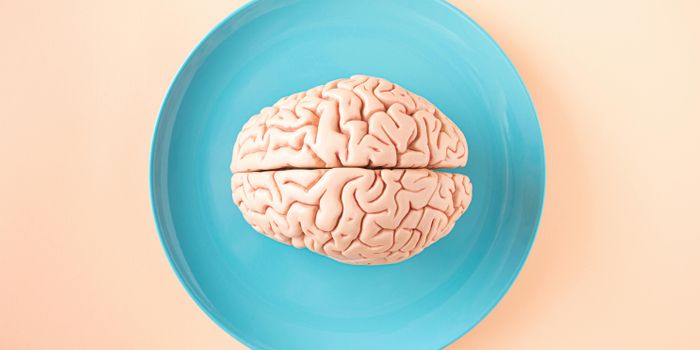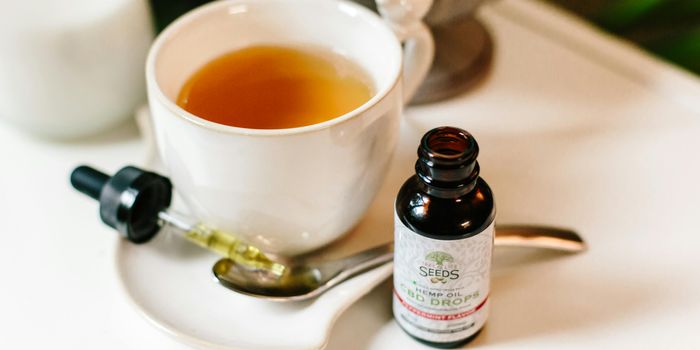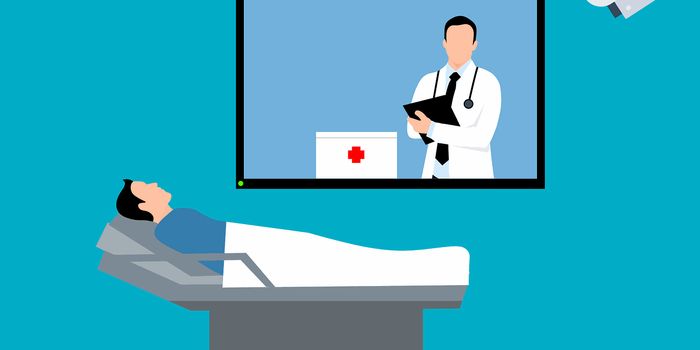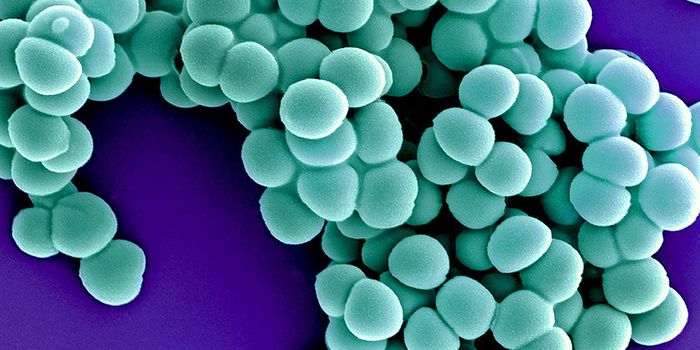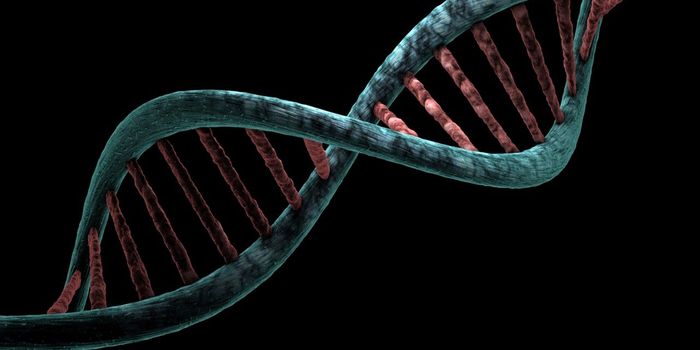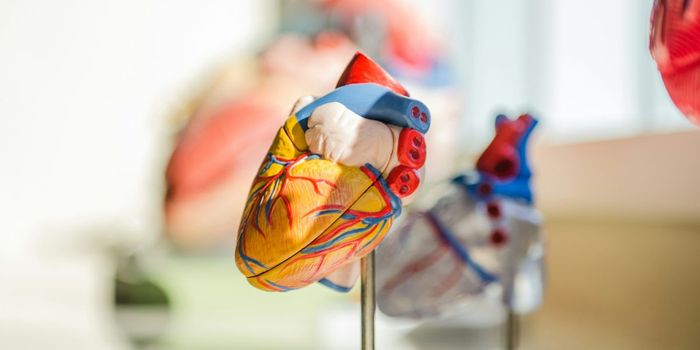Can Psychedelics Treat Alcoholism?
Some of the first research on psychedelics in clinical settings was to assess their efficacy in treating alcoholism. In fact, LSD-based treatments for the condition even helped shaped public discourse to define it as a treatable psychological condition in the 1950’s (Dyck: 2005). But can psychedelics really treat alcoholism?
So far, evidence that psychedelics can effectively treat the condition is strong. Although studies since the 1970’s have been highly scheduled and thus difficult to conduct, between the 1950’s and 1970’s, over 40,000 people were treated with psychedelics (namingly LSD) in clinical settings for alcoholism, with over 1000 research papers produced.
Generally yielding positive results, a meta-analysis looking at six clinical trials in which LSD was taken once as a part of therapeutic treatment between 1966 and 1970 for alcohol abuse found that abstinence from alcohol at first follow up ranged between 81%- 100% (Taub: 2018). Furthermore, the study found that six months after leaving treatment, participants who took a single dose of LSD were 15% more likely to remain abstinent from alcohol than those who did not take LSD (Lennon: 2019).
Impressive, similar results have been seen in more modern contexts too. A study looking at 343 self-reported cases of psychedelic usage for example found that of those who took a moderate to high dose of either LSD or psilocybin, 83% no longer met clinical criteria for alcohol abuse. This came even though only 10% of the survey group claimed to take psychedelics to specifically tackle their consumption of alcohol (Garcia-Romeu: 2019).
This research is worthwhile considering among other anecdotal evidence of psychedelics being used to treat alcoholism. Bill Wilson, the cofounder of Alcoholics Anonymous, for example, is reported to have undergone the “belladonna cure” for his own excessive consumption of alcohol in 1934. A plant in the nightshade family known to contain nerve receptor-blocking alkaloids, belladonna has been known to cause vivid hallucinations and delirium since the Middle Ages.
After two or three days on the treatment, Wilson reported seeing a blinding white light through his window. He wrote, "A great peace stole over me, and I thought, No matter how wrong things seem to be, they are still all right." This vision of the “essential All-Rightness of the universe” then led Wilson to abstain from drinking for the rest of his life and form Alcoholics Anonymous, an international mutual aid fellowship that helps alcoholics to achieve sobriety (Bleyer: 2017).
Although such anecdotal evidence has shed a lot of light on the potential of psychedelics as a treatment option, clinical trials are nevertheless needed to understand the workings of psychedelics to combat alcoholism in more detail, and with more precision. Towards this end, there are currently some clinical trials underway, including a Phase 2 trial led by the NYU School of Medicine. A double-blind trial, the study will include an active placebo, and involve two treatments about a month apart with the first follow-up almost a year after treatment (U.S. National Library of Medicine: 2019).
To conclude, there is strong evidence that psychedelics, both used inside and outside of clinical settings, is an effective treatment for alcohol abuse. However, as most clinical evidence predates the 1970’s, and more recent studies are collections of more anecdotal evidence, further research is necessary to understand the effects of psychedelics on alcohol abuse in more depth, so more practical usage can be made from their potential.
Sources
Dyck, Erika: Social History of Medicine
Lennon, Annie: Labroots
Garcia-Romeu, Albert: Journal of Psychopharmacology
Bleyer, Jennifer: Psychology Today
U.S. National Library of Medicine



